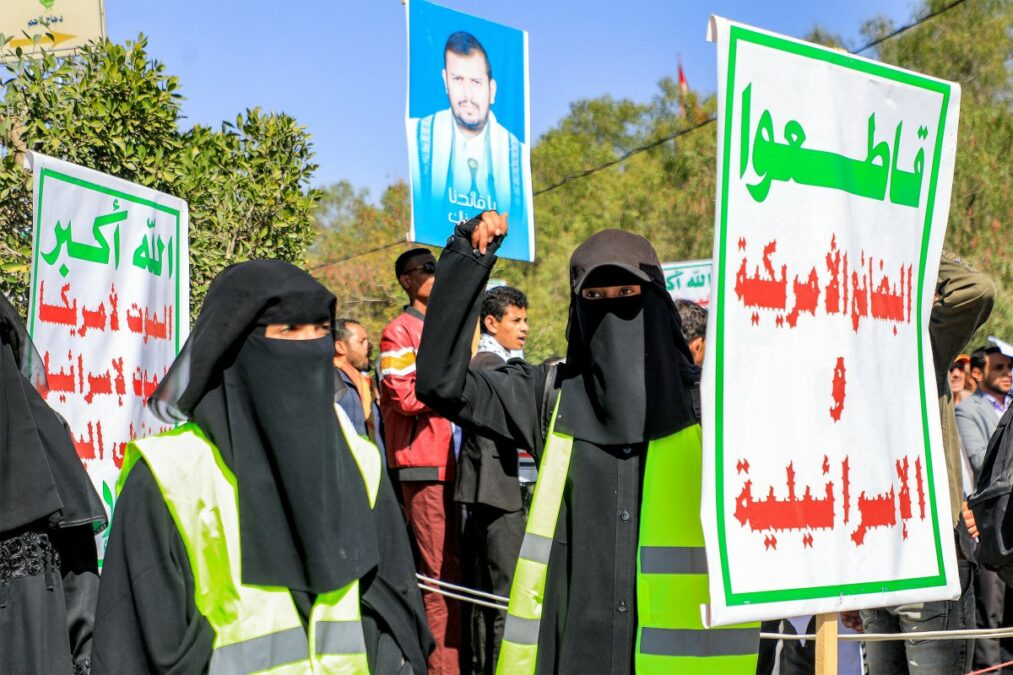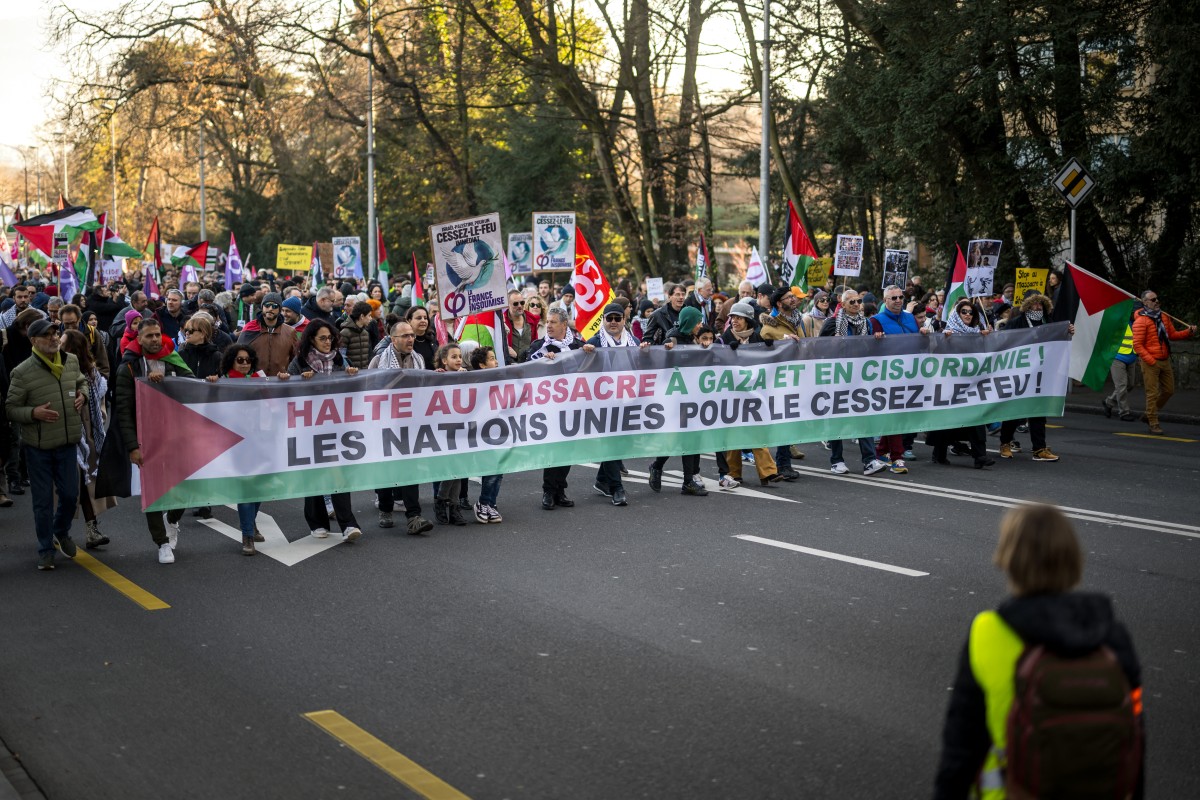Dubai, UAE — In many Arab countries, the usually bustling outlets of Starbucks, McDonald’s, KFC, and other international food chains appear noticeably sparse on weekdays as customers boycott these restaurants in solidarity with the people of Gaza.
Local businesses across the Middle East, meanwhile, have reported benefiting from the boycott of foreign brands.
In global geopolitics, the repercussions of international events often reverberate far beyond their immediate borders, unexpectedly influencing consumer behavior and societal dynamics.
Since October 7, a groundswell of solidarity has emerged among consumers worldwide, galvanized by a shared desire to express support for Gaza and its inhabitants amidst escalating tensions.
McDonald’s
McDonald’s, ubiquitous in the Middle East, has faced significant repercussions due to its perceived association with the conflict. Following social media posts depicting Israeli soldiers receiving meals from franchised stores in Israel after the events of October 7, McDonald’s found itself at the center of the boycott. Despite efforts to clarify that local operators independently manage its restaurants, the company’s global sales fell below expectations in the fourth quarter of 2023, with slower growth attributed to the conflict in the Middle East.
Franchisees manage the majority of McDonald’s restaurants around the world. The Middle East locations are part of the company’s licensed International Development Markets division, which generates approximately 10 percent of the company’s revenue.
McDonald’s global sales fell short of investors’ expectations in the fourth quarter of last year and the growth was slow.
According to the quarterly data announced by the company on Monday, its sales rose by 3.4 percent in the fourth quarter of 2023, the slowest pace since the fourth quarter of 2020 and less than the average estimates of analysts who expected a rise of 4.9 percent. Revenues also came in below estimates.
According to data from the London Stock Exchange Group, brand sales in International Development Markets licensed by McDonald’s increased 0.7 percent in the past quarter, much lower than the expected 5.5 percent growth.
Despite declining sales, the company reported an adjusted profit of US$ 2.95 per share in the fourth quarter of 2023, beating estimates of US$ 2.82 per share.
McDonald’s shares declined for the second day after the company failed to achieve targeted sales for the first time since 2020 due to the war in the Middle East. McDonald’s shares fell by 2.91 percent on Tuesday, February 5, reaching US$283.3.
McDonald’s CEO, Chris Kempczinski, said in January that several markets in the Middle East and others outside the region are witnessing a “tangible impact on business” due to the conflict between Israel and Hamas and “misleading information” about the brand.
Kempczinski said that the fast-food giant was negatively affected in the Middle East markets and beyond after calls to boycott the chain. This came after McDonald’s announced, after the start of the war in Gaza, that it had donated thousands of free meals to the Israeli army forces, which sparked angry reactions from critics of Israel’s military action in Gaza, including calls from some for a consumer boycott of the chain.
Kempinski said in a phone call after announcing the results that the company’s business in the Middle East was affected to the greatest extent. Still, the impact also extended to markets such as Malaysia, Indonesia, and France.

Starbucks
Starbucks sales grew at their slowest pace in a year, and profits fell short of Wall Street estimates as a spending slowdown took its toll.
Same-store sales, those company-operated outlets that have been open for over a year, rose 5 percent in the fiscal first quarter, which ended December 31. Down from analysts’ expectations of 6.4 percent, marking the slowest growth rate in a year, when weakness in China hurt results.
Investors braced for weak business results after third-party sales data pointed to a slowdown in the United States, weighing on stocks. Fears of falling demand, partly due to a boycott in the Middle East over perceptions of the company’s support for Israel – something Starbucks has denied more than once – dampened sentiment. Analysts had already lowered their estimates for the company’s store sales and profits.
Excluding some items, earnings were 90 cents per share, while analysts expected 93 cents. Net revenue of US$ 9.4 billion was below the estimated US$ 9.6 billion. Average order sizes increased by 2 percent, slower than the previous quarter compared to last year.








